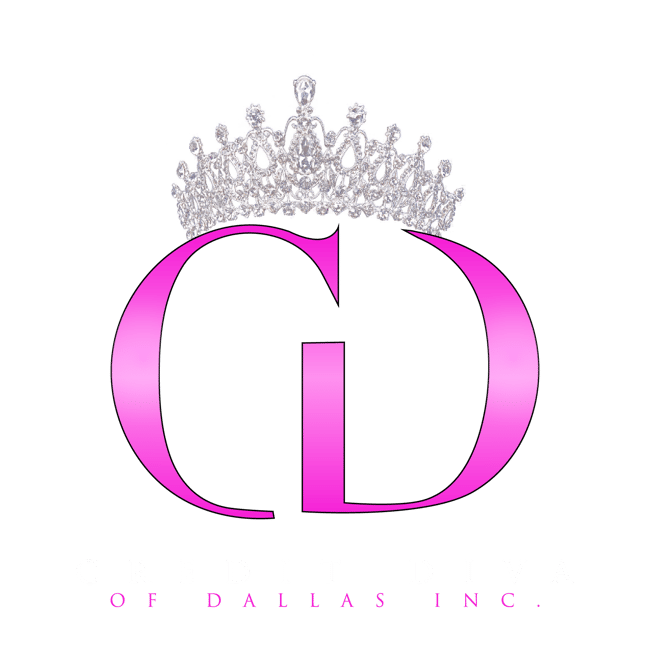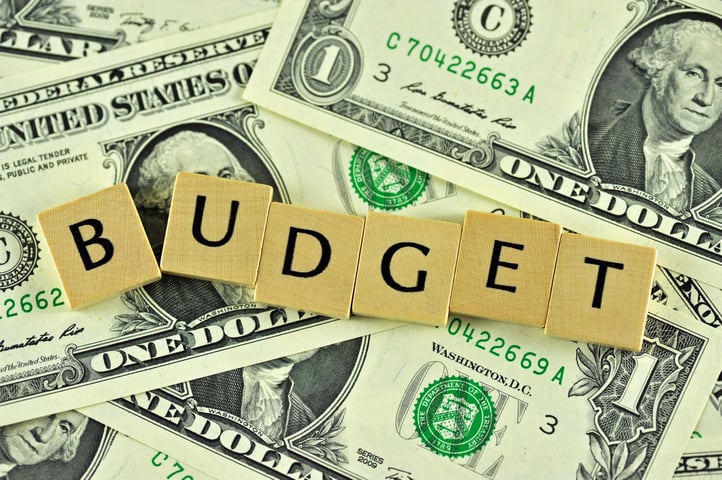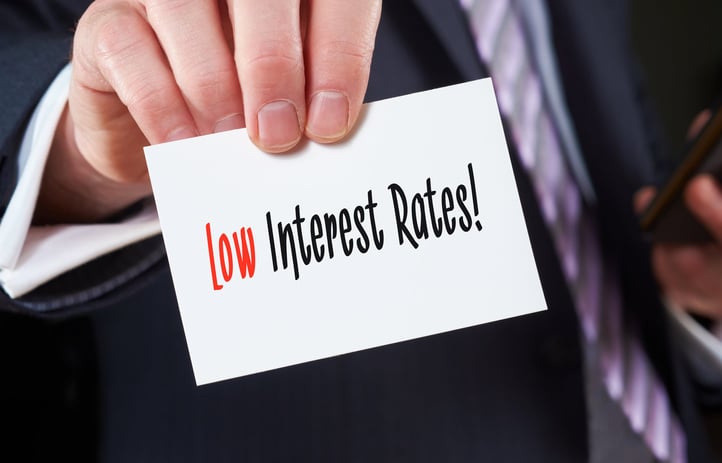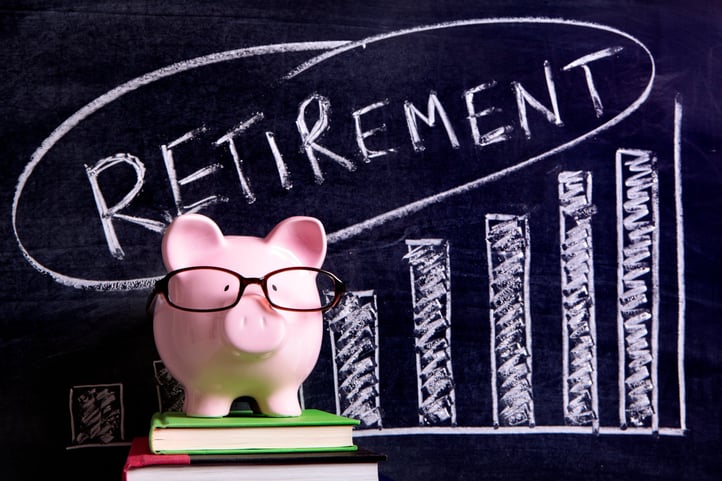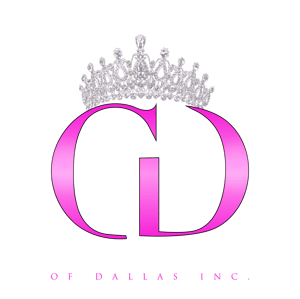If you are struggling with debts piling up, you’re not alone. According to Pew Research, eight out of ten Americans have debt. Debt can be overwhelming, but it doesn’t have to ruin your life. In fact, sometimes, the right type of debt can be healthy! If you manage your balances, make all your payments, and keep your credit utilization ratio below 30%, creditors will find your financial portfolio attractive.
 However, what should you do if you can’t get on top of your debt? If you are sinking under a significant debt load, you may have the collectors after you—and require credit repair in Dallas.
However, what should you do if you can’t get on top of your debt? If you are sinking under a significant debt load, you may have the collectors after you—and require credit repair in Dallas.
If that’s the case, you may wonder whether you should pay off your debts or simply settle with collections. It's worth considering what will happen with your credit score, depending on which option you choose. What's better for your credit score overall: paying off the debt or settling with collections? Let’s take a closer look.
How Does Debt Settlement Work?
When you have a debt that is more than you can manage, you may decide to settle with your lender to get it taken care of. This can work in one of two ways. You can be proactive if you know you will have difficulty meeting the financial obligation, or you can wait until the debt collectors start contacting you.
In the former, you will work directly with the lender and negotiate a debt settlement.
- Depending on the situation, the lender may opt to report it to the credit bureau as a 'charge-off' or as 'paid-settled.'
- During the negotiation phase, you will work with the lender about an agreeable pay-off amount.
- Once you pay that, then the debt is wiped clean—which is better for your credit score.
How Does Debt Settlement Affect Your Credit Score?
When you settle your debts versus paying them off, it’s going to be worse for your credit score, with some exceptions. If the lender agrees to report the settlement as a 'paid-settled,' it shouldn’t reflect negatively on your score. However, if they report it as a charge-off, then you can expect your credit score to take a hit.
If you are already falling behind on paying your obligations, that can cause just as much of an issue for your credit. In other words, if you have to choose between 'ignoring' a debt you can’t afford to pay or settling with the creditor, it’s best to settle.
The sooner you can contact the lender, the better chance you’ll have to work out agreeable terms and get the credit help you need to maintain your score. If you know in advance that you will not be able to manage a debt due to a financial crisis, contact your creditor before you start getting behind on your payments.
Unfortunately, some creditors won’t consider negotiating until the debt is 90 days past due.
 Paying off Your Debts
Paying off Your Debts
Of course, if you can continue making all your monthly payments for your debts, that is the best-case scenario.
- If you do find yourself stuck financially, letting the oldest account get behind is better than losing ground on new accounts.
- Whatever you do, don’t play hit-and-miss by skipping one account one month and another account the next month. Keep your newest accounts up to date—and work on settling the oldest account.
When it comes to making these kinds of tough choices for your credit, working with credit repair in Dallas helps ensure you make the best move forward.
If you're dealing with overwhelming credit issues on your own, you need the help of a Certified Credit Diva! With proper credit help, you can restore your finances and take back your freedom. If you're ready to get started on the path to the life you deserve, get in touch with Credit Diva of Dallas today!
